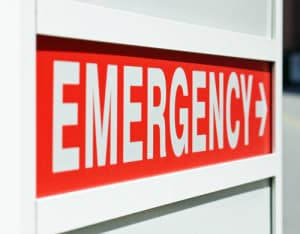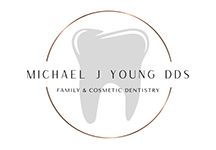 It’s important to know what kind of dental problems constitute an “emergency” so you can seek the proper care and protect your oral health. While many dental conditions can wait until your dentists office is open, some severe injuries may require immediate action. Emergency dentists understand that accidents can’t always happen at convenient times and will see you as soon as they can. So how do you know what’s considered an “emergency situation” when it comes to dental conditions? Unless your tooth has completely fallen out, it can be difficult to know when your oral health is at risk before seeing your dentist.
It’s important to know what kind of dental problems constitute an “emergency” so you can seek the proper care and protect your oral health. While many dental conditions can wait until your dentists office is open, some severe injuries may require immediate action. Emergency dentists understand that accidents can’t always happen at convenient times and will see you as soon as they can. So how do you know what’s considered an “emergency situation” when it comes to dental conditions? Unless your tooth has completely fallen out, it can be difficult to know when your oral health is at risk before seeing your dentist.
What To Do In A Dental Emergency
If your tooth is completely knocked out, you should seek immediate medical attention. Avoid handling the tooth but be careful not to swallow it. Your dentist may recommend additional care to protect your tooth (depending on your individual situation) before you’re able to see them for an appointment. Using a cold compress or taking an over-the-counter pain reliever can help to manage any pain or discomfort.
In other cases, you may be dealing with a broken, cracked, or chipped tooth – or even just severe tooth pain, which typically accompanies an abscessed tooth. These issues aren’t as straightforward as a tooth that has fallen out, but they shouldn’t be ignored either. When it comes to dealing with a chipped or broken tooth, save any pieces (if you’re able to locate them) that were broken off. If your tooth is cracked or partially intact, you may need to use gauze to minimize any bleeding before you see your dentist.
If you have braces or other orthodontic appliances, an emergency situation may occur if you have a loose or broken bracket or wire. The broken metal could hurt the inside of your cheeks or gum tissue and should be dealt with as soon as possible. However, don’t try to fix them yourself as this could be very dangerous – instead, use wax to cover the sharp ends until you see your dentist.



